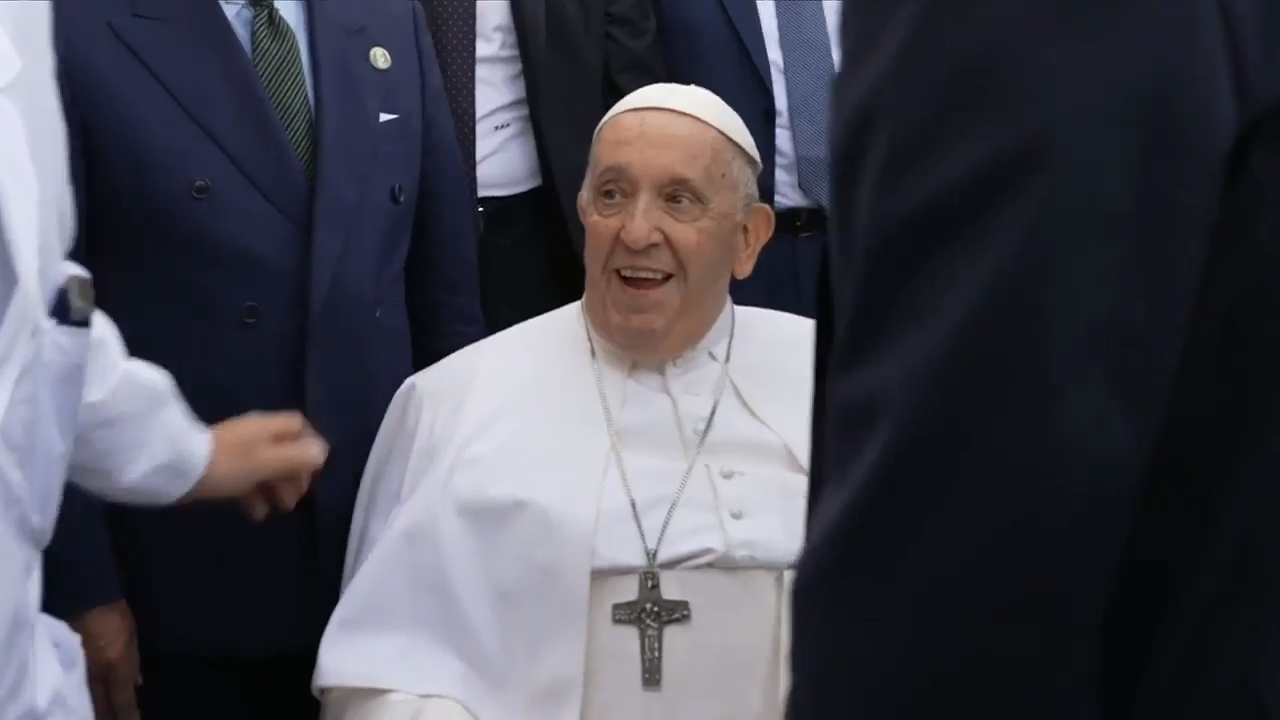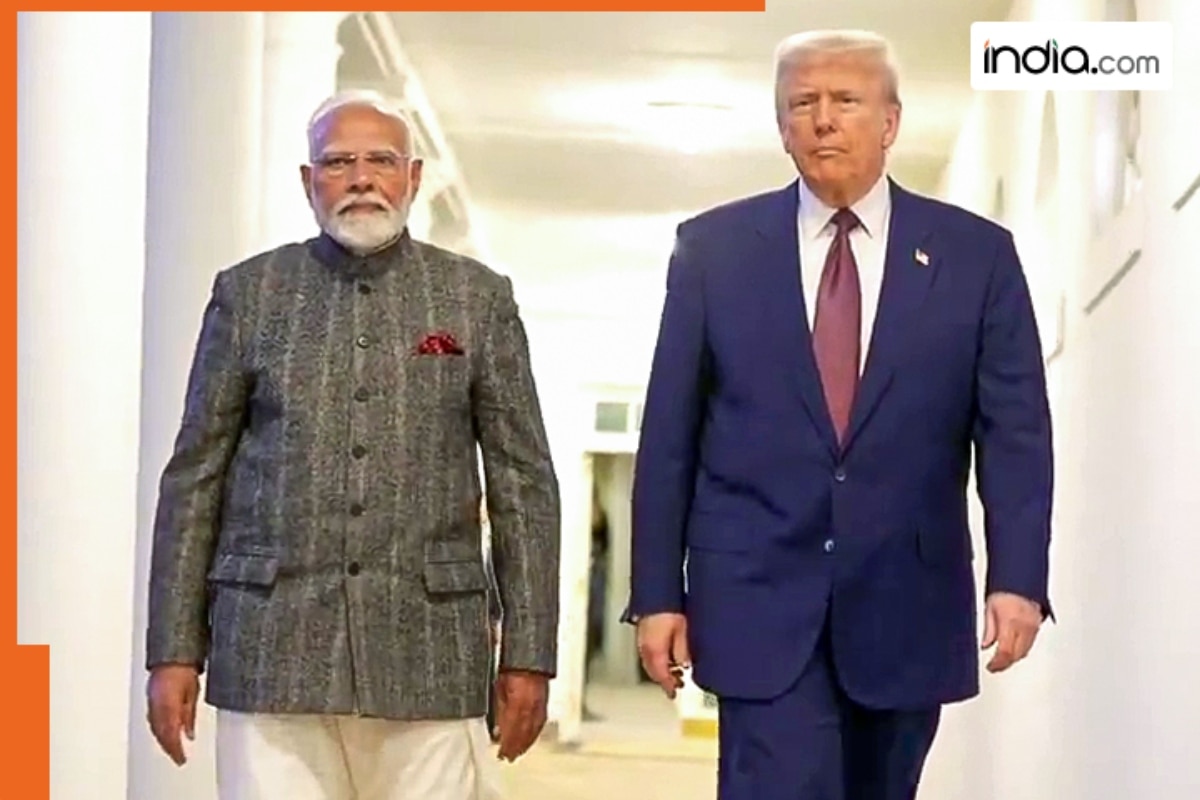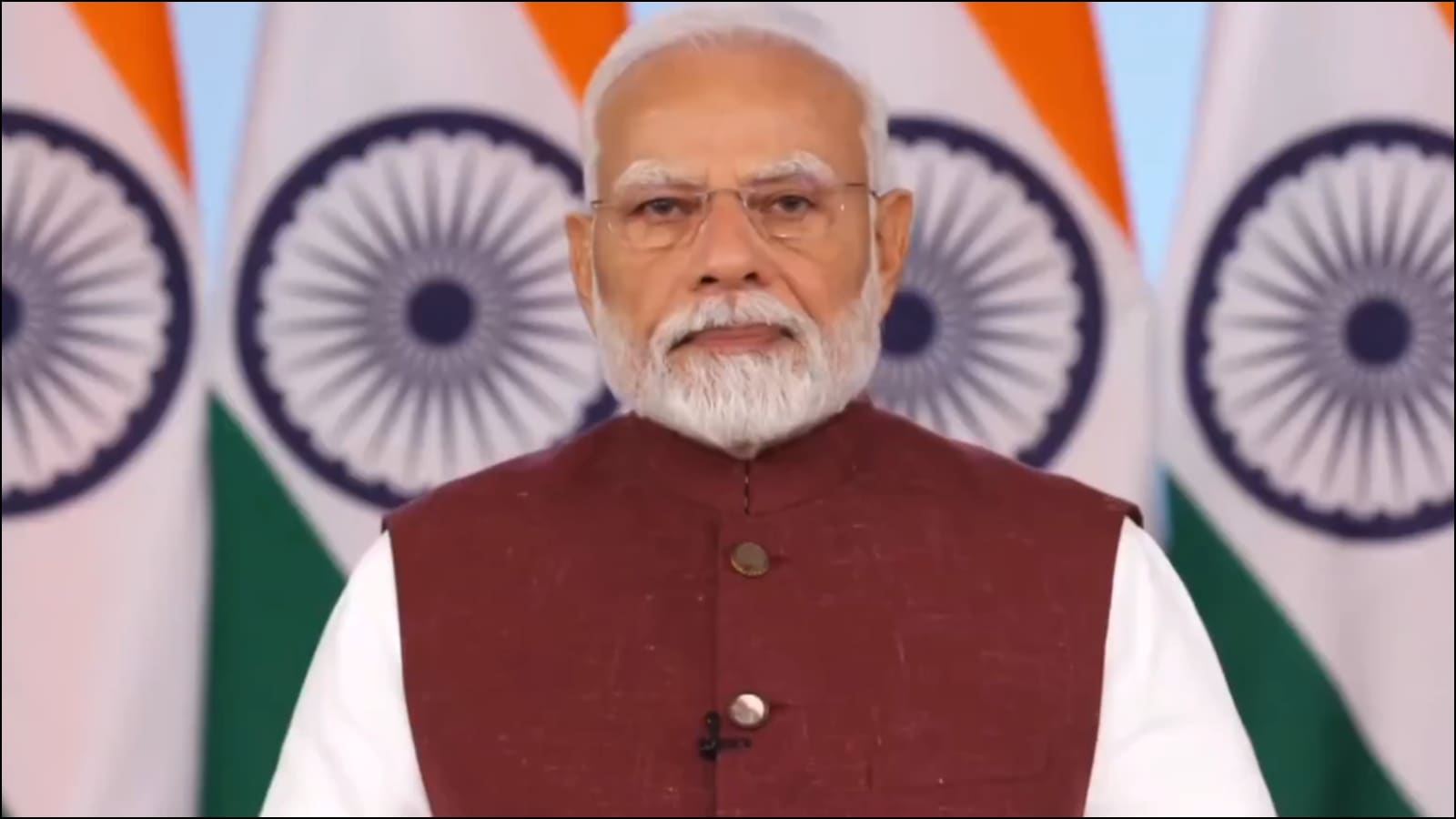VATICAN CITY (AP) — While the Vatican has detailed laws and rituals to ensure the transfer of power when a pope dies or resigns, they do not apply if he is sick or even unconscious. And there are no specific norms outlining what happens to the leadership of the Catholic Church if a pope becomes totally incapacitated.
As a result, even though Pope Francis remains hospitalized in critical condition with a complex lung infection, he is still pope and very much in charge.
Still, Francis’ hospital stay is raising obvious questions about what happens if he loses consciousness for a prolonged period, or whether he might follow in Pope Benedict XVI’s footsteps and resign if he becomes unable to lead. On Monday, Francis’ hospital stay will hit the 10-day mark, equaling the length of his 2021 hospital stay for surgery to remove 33 centimeters (13 inches) of his colon.
His prolonged illness and age — 88 — have revived interest about how papal power is exercised in the Holy See, how it is transferred, and under what circumstances. And it points to the legislative loophole that currently exists in what to do if a pope gets so sick that he can’t govern.
The Vatican Curia
Francis may be in charge, but he already delegates the day-to-day running of the Vatican and church to a team of officials who operate whether he is in the Apostolic Palace or not, and whether he is conscious or not.
Chief among them is the secretary of state, Cardinal Pietro Parolin. Other Vatican functions are proceeding normally, including the Vatican’s 2025 Holy Year celebrations.
What happens when a pope gets sick?
Canon law does have provisions for when a bishop gets sick and can’t run his diocese, but none for a pope. Canon 412 says a diocese can be declared “impeded” if its bishop — due to “captivity, banishment, exile, or incapacity” — cannot fulfil his pastoral functions. In such cases, the day-to-day running of the diocese shifts to an auxiliary bishop, a vicar general, or someone else.
Even though Francis is the bishop of Rome, no explicit provision exists for the pope if he similarly becomes “impeded.” Canon 335 declares simply that when the Holy See is “vacant or entirely impeded,” nothing can be altered in the governance of the church. But it doesn’t say what it means for the Holy See to be “entirely impeded” or what provisions might come into play if it ever were.
In 2021, a team of canon lawyers set out to propose norms to fill that legislative gap. They created a canonical crowdsourcing initiative to craft a new church law regulating the office of a retired pope as well as norms to apply when a pope is unable to govern, either temporarily or permanently.
What about the letters?
Francis confirmed in 2022 that shortly after he was elected pope he wrote a letter of resignation, to be invoked if he became medically incapacitated. He said he gave it to the then-secretary of state, Cardinal Tarcisio Bertone, and said he assumed Bertone had delivered it to Parolin’s office when he retired.
What happens when a pope dies or resigns?
The only time papal power changes hands is when a pope dies or resigns. At that time, a whole series of rites and rituals comes into play governing the “interregnum” — the period between the end of one pontificate and the election of a new pope.
During that period, known as the “sede vacante,” or “empty See,” the camerlengo, or chamberlain, runs the administration and finances of the Holy See. He certifies the pope’s death, seals the papal apartments and prepares for the pope’s burial before a conclave to elect a new pope. The position is currently held by Cardinal Kevin Farrell, the head of the Vatican’s laity office.
The camerlengo has no role or duties if the pope is merely sick or otherwise incapacitated.
Likewise, the dean of the College of Cardinals, who would preside at a papal funeral and organize the conclave, has no additional role if the pope is merely sick. That position is currently held by Italian Cardinal Giovanni Battista Re, 91.





